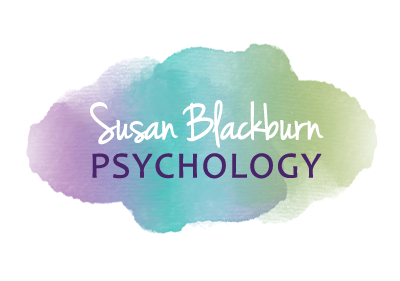In fact, research shows that when guilt gets out of control it can be felt so strongly that you not only feel exhausted, but you actually feel physically weighed down.
You might experience guilt in such a powerful way that it feels as though you have little or no control over it. Although it isn’t easy, you can banish your guilty thoughts by monitoring them and living with awareness.
There are two kinds of guilt and only one is harmful. Helpful guilt signals you to make a change in your behavior by taking action. For example, you feel guilty about not calling your mom more often so you decide to call her more regularly. The guilty feeling in this case is helpful or purposeful.
On the other hand, unhelpful guilt is damaging to your self-esteem because it’s much more than a signal for change. It’s more like a merciless barrage of self-judgment and criticism that causes you to feel inadequate and ashamed. When you’re feeling this bad it’s not likely that you’ll take action to improve the situation.
If we use the same example from above, where you feel guilty about not calling your mom more often, instead of deciding to call her more regularly, unhelpful guilt shapes your thoughts negatively so that you’re likely to think “I’m a terrible person… my mom doesn’t deserve this poor treatment…, she must think I’m really selfish…, I should call her more but I don’t want to… how could I be so uncaring…, what’s wrong with me…, no wonder she’s so unhappy…, I really am a bad person…”.
Without intervening on your own behalf, these toxic guilty thoughts can easily get the best of you and turn your thinking into a vicious cycle of shame and blame.
Helpful versus unhelpful guilt can be identified by:
A) whether you feel motivated to change your behavior (helpful guilt) versus whether you feel like a bad person (unhelpful guilt) and;
B) whether you’re ready to take steps to rectify the situation (helpful guilt) or whether you feel too bad to do anything about it (unhelpful guilt).
With helpful guilt, you’ll be able to find a solution that will take you from feeling bad about your circumstances to making things right. With unhelpful guilt, you’ll feel stuck.
When you think unhelpful guilty thoughts you’re robbing yourself of the opportunity to feel good. This is important because how you feel has such a profound impact on your overall happiness and the quality of your life. When you think good thoughts, you feel good, which leads to you making good life choices. With unhelpful guilty thoughts the reverse is true.
The good news is that by living consciously and stopping guilt-inducing thoughts in their tracks, you can start to let go of guilt for good.
Use These 10 Tips to Let Go of Guilt
- Be kind to yourself and commit to self-love. Unhelpful guilt is very unkind.
- Set aside ‘fun time’ for yourself so that you don’t feel so pressured by others.
- Focus on the positive. An attitude of gratitude is a great way to do this.
- Practice thinking helpful thoughts. They’ll promote helpful feelings.
- Use non-judgment so that you don’t ‘should’ on yourself or others.
- Clear your mind of guilt by walking, working out, meditating or doing yoga.
- Remember that helpful guilt creates change while unhelpful guilt does not.
- Honour your own values. Ask yourself, who says it ‘should’ be this way?
- Guilt is about inaction – make a promise to yourself to take action instead.
- Forgive yourself and give yourself permission to learn from your mistakes.
By following these tips you’ll reduce your stress, make better choices, improve your relationships, feel happier and increase your confidence and vitality.









